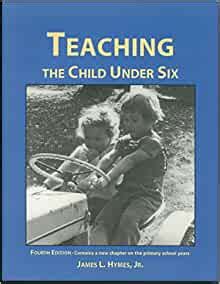A Quote by Robin Marantz Henig
Parents bobble between a nostalgia-infused yearning for their children to play and fear that time spent playing is time lost to more practical pursuits.
Related Quotes
There is a good deal of excellent research on child's play. It has shown conclusively that through play, with the freedom of action it allows and the stressless environment in which it occurs, children discover, relate to and define themselves and their world. ...It is, therefore, paradoxical that many educators and parents still differentiate between a time for learning and a time for play.
Children grow rapidly, forget the centuries-long embrace from their parents, which to them lasted but seconds. Children become adults, live far from their parents, live their own houses, learn ways of their own, suffer pain, grow old. Children curse their parents for their wrinkled skin and hoarse voices. Those now old children also want to stop time, but at another time. They want to freeze their own children at the center of time.
I'm a natural piano player. So all the practicing I do at this point is in my head. If I don't play for a year, my chops aren't going to get any worse. I've spent my time playing scales, and I don't necessarily want to play any faster than I play. So everything I do at this point is more philosophical.
Play for young children is not recreation activity, It is not leisure-time activity nor escape activity. Play is thinking time for young children. It is language time. Problem-solving time. It is memory time, planning time, investigating time. It is organization-of-ideas time, when the young child uses his mind and body and his social skills and all his powers in response to the stimuli he has met.
The time and the quality of the time that their parents devote to them indicate to children the degree to which they are valued by their parents. . . . When children know that they are valued, when they truly feel valued in the deepest parts of themselves, then they feel valuable. This knowledge is worth more than any gold.





































